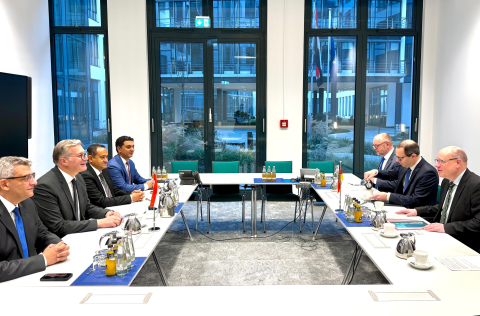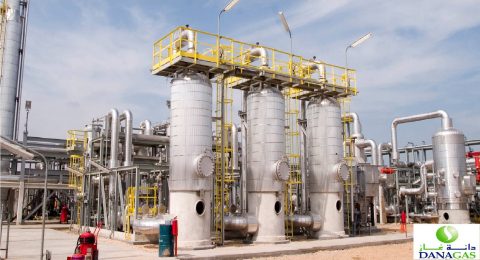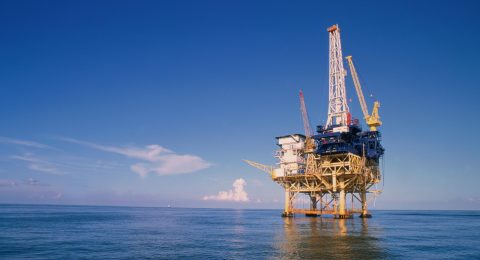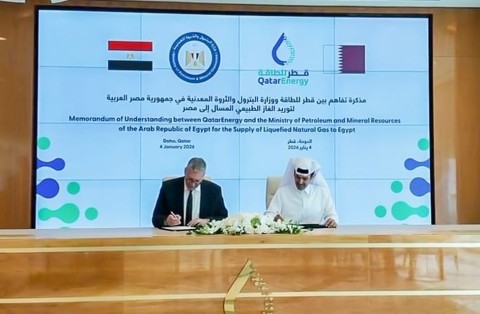South Africa plans to build the infrastructure to import natural gas to supply electric turbines as the country deals with a shortage of power, the Department of Energy said.
“We have very limited gas infrastructure” and need to develop it for imports, Wolsey Barnard, acting director-general for the department, told reporters at a Johannesburg conference Tuesday. Implementation will take place over the next 24 to 30 months, he said.
State-owned Eskom Holdings SOC Ltd. is struggling to meet power demand and has been spending $1 billion a month on diesel fuel to run peak-use turbines around the clock. The government has directed the utility that supplies about 95 percent of power to the continent’s second-biggest economy to switch to gas as a source of energy for its generators because of the high cost of diesel, President Jacob Zuma said last week.
The procurement process for 2,400 megawatts of new gas-fired generation will commence in the first quarter of the new financial year that starts April 1, Zuma said.
State-owned oil company PetroSA is also considering gas-import terminals, Ebrahim Takolia, chief executive officer of the South African Oil and Gas Alliance, said in a panel discussion at the conference. “Importation is a good way to develop the local market.”
Karoo Shale
Royal Dutch Shell Plc and Falcon Oil & Gas Ltd. are among companies applying to explore South Africa’s semi-desert Karoo region that may hold as much as 390 trillion cubic feet of shale gas.
South African and Mozambican state-owned investment companies have joined with SacOil Holding Ltd. to study a $6 billion pipeline from a natural-gas field off the northern coast of Mozambique, the such find in a decade, SacOil said in December.
The field being developed off Cabo Delgado province by Anadarko Petroleum Corp. and Eni SpA could make Mozambique the largest exporter of liquefied natural gas after Qatar and Australia, with deliveries targeted from 2018.
Sasol Ltd., the Johannesburg-based company that’s the world’s biggest producer of motor fuel from coal, obtains gas from Mozambique’s Pande and Temane fields through a 865-kilometer (536-mile) pipeline to its synthetic-fuels plant in Secunda and is studying further fields in adjacent concessions.
Source: Bloomberg












